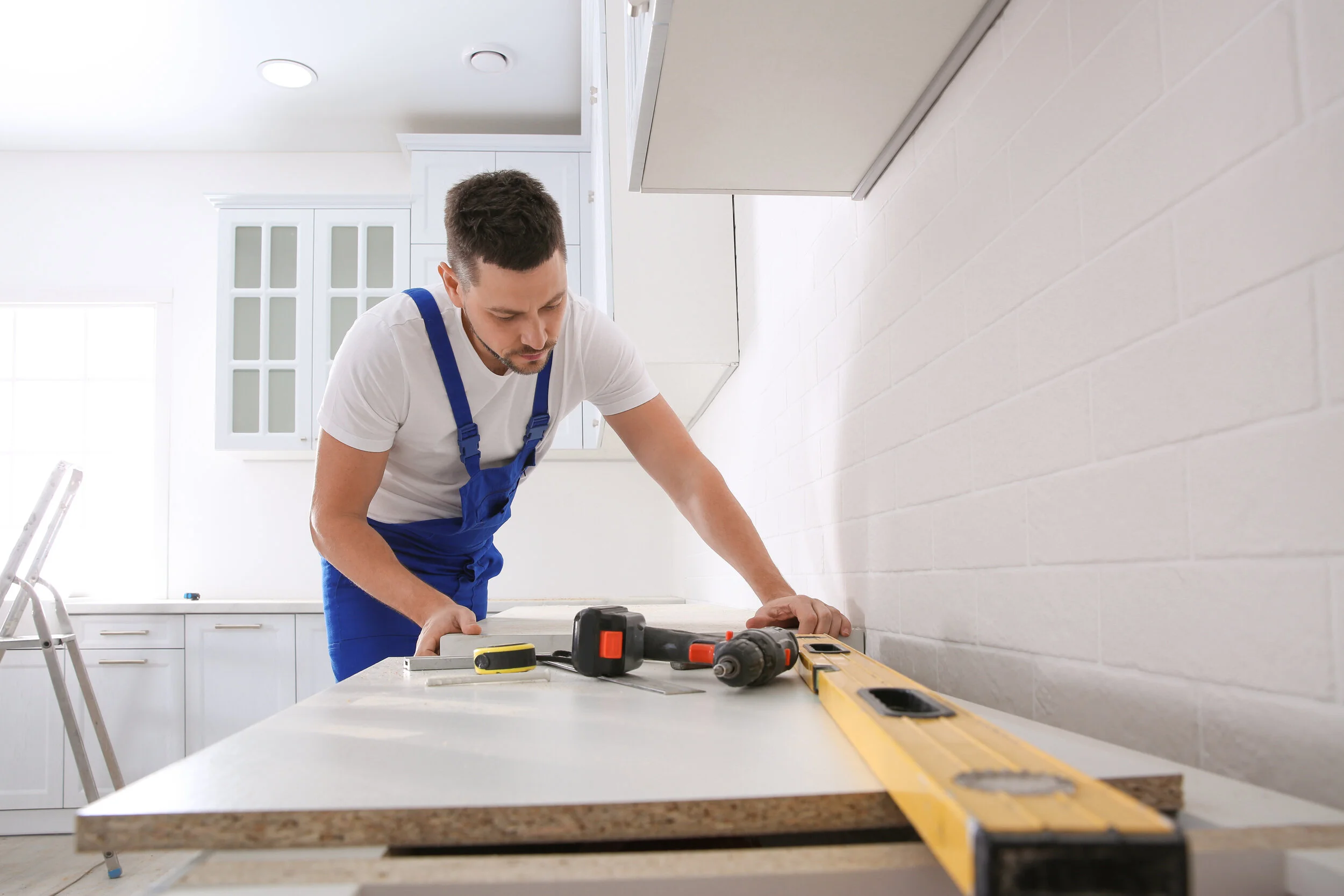With the country facing a housing shortage, you may hesitate before upgrading to a home that will better meet your family’s needs. For homeowners with the option to remodel, you can always adjust your space to grow with you.
So, should you move or try to remodel instead? How can you know?
Here, we’ll explore the items to look for when making your decision regarding a move vs. a remodel.
1. Your Budget
Of course, your finances will be a prominent determining factor in your housing decisions. Building an addition to your current home or purchasing a new one can each be costly, with a variety of factors contributing to how much liquidity you need to have on hand.
For example, moving comes with a host of fees we tend to forget about in the planning stages. From closing costs to renting a moving van, expenses can add up quickly, leaving you significantly over your intended budget. This might be just fine if you can make a profit from selling your home on appreciating home values.
On the other hand, remodeling can be expensive, too. Surprise costs are almost sure to crop up, with problems likely to be uncovered throughout the process. Whether you intend to do the work yourself or hire a contractor, you’ll need a significant pool of financial resources to tap into.
Remodeling, of course, is typically less expensive overall than buying a new home. But if you’re looking to downsize, relocating may be financially beneficial.
Assess your finances and build thorough budget estimates before deciding what’s right for you.
2. Your Property
Additionally, your property itself — both your home and the land it sits on — will determine whether moving or remodeling is best in your situation. Zoning ordinances in your area will dictate how much you can extend your home up or out, while the style and structure of your home will also limit what you can do in a remodel.
You need to speak with a contractor or read up on all local regulations before you explore the reality of a home extension. After that, you can move ahead with property surveys and other measurements you might need for proper planning.
Start your decision-making process with a complete picture of your property’s potential.
3. Your Family
If you are considering a home upgrade, your family likely has something to do with it. Whether you are introducing or planning for additional members of the household or simply need more space for a home office, your home should accommodate your needs.
A remodel can achieve changing family needs. For instance, you can take down or add walls, section of new bedrooms, build on or up, or even install an accessory dwelling unit. All these and more allow you to expand on your available and usable space without having to relocate. At the same time, this means no change in schools or workplaces for you and your children.
However, perhaps a change of scenery is more in line with what your family needs. different housing markets can have all kinds of benefits from lower housing costs to better schools in the area.
Explore the needs of your family and the way you intended to grow and change as you make your housing decision between a move and a remodel.
4. Your Patience
Another important factor to consider when making a change in your housing is how the change will impact your day-to-day life for a significant amount of time. Buying a home and remodeling will require significant time and patience, with different demands on your sanity.
On the one hand, purchasing a new home requires selling your existing one as well as dealing with realtors and prospective buyers. In these pandemic times, this isn't always an ideal process. Then comes waiting for your offer to be approved and the sale to go through as you prepare to leave one home and enter the new one.
On the other hand, remodeling a home typically means occupying a space that is under construction. This can be a frustrating experience, especially if you have children. For weeks to even months at a time, parts of your home may be torn up, unusable, and unsightly. This is not to mention the amount of effort you will be putting in if you're completing the remodel yourself.
Consider your time commitments and how well you feel you can tolerate either a lengthy sales process or a difficult remodeling effort.
5. Your Goals
Finally, you need to assess your overall goals for the property. While your family needs are certainly a component of this, your overall financial goals and investment portfolio will have to be considered in your home expansion or downsizing efforts.
Ask yourself what you want your property to be for you. Perhaps it’s an asset you’ll want to liquidate in retirement. In that case, a remodel can help you maintain the value of your home. However, if your end goal is a place that can grow with your family in a market ripe for long-term success, then considering a new location might be your best bet.
No matter your decision, moving and remodeling can both be effective ways to maximize the functionality of your home. Analyze what’s best for you based on these five factors, then speak with finance and real estate professionals who can help you make the most of your efforts.
For more information on real estate investment and property management, contact 208.properties or find us on social media.




